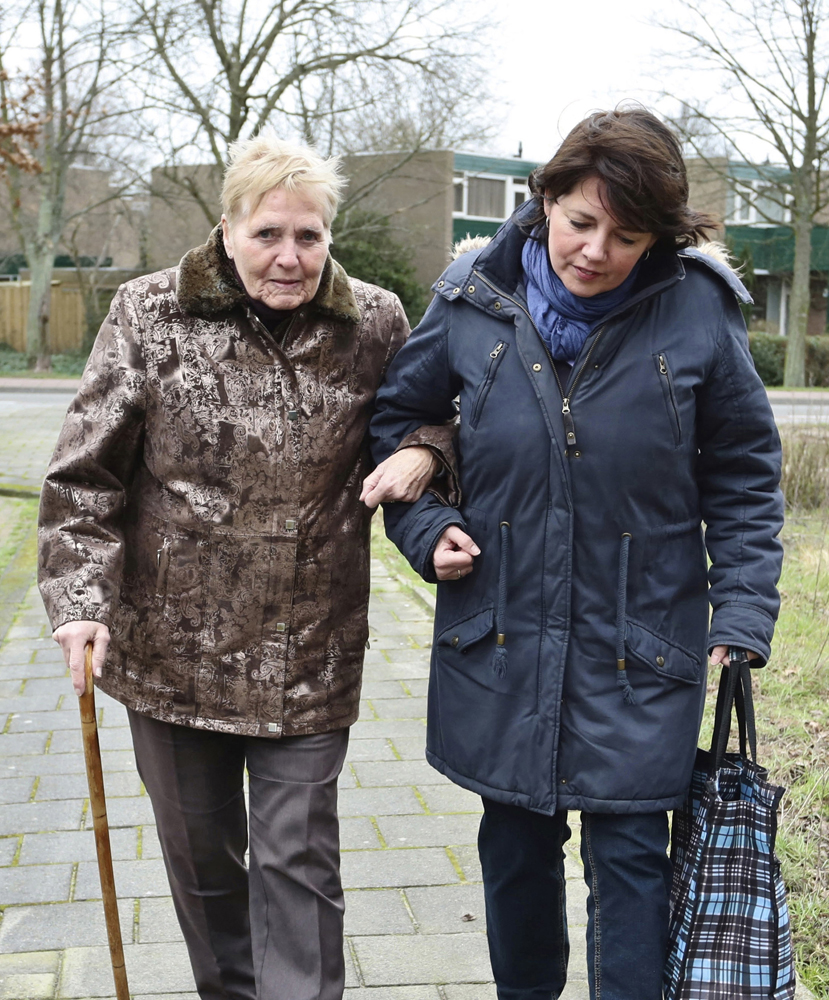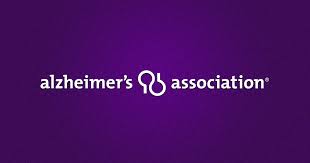The Food & Drug Administration, FDA, has announced that after recalling more than 12 million bottles of high blood pressure meds over the last five years, it expects more may be tainted with a chemical called nitrosamines. Although they are found in trace amounts in anything from water, cured and grilled meats, dairy products and vegetables, in higher doses they can be dangerous. “The difference is with drugs it’s totally avoidable,” Dr. Stephen Hecht, a University of Minnesota professor of cancer prevention, told USA Today. FDA officials have said the agency expects drug manufacturers who have identified a potential risk to complete testing and report changes that they have made by October 1.
New Blood Pressure Reduction Device Requires No Medication
A Medtronic PLC medical device reduced the blood pressure of people with tough-to-treat hypertension in a new study. However it missed its goal, producing an insignificant blood pressure result of only 2 points more than those in the study that didn’t have the procedure done. Despite falling short of the study’s main efficacy goal, Medtronic is still moving forward with its application to the Food and Drug Administration to approve the device. If the FDA approves it, the device could offer a new, non-medication treatment for people who have high blood pressure. “This could be the biggest thing we’ve ever done because hypertension is the No. 1 contributor to death,” Medtronic CEO Geoffrey Martha told The Wall Street Journal.
Keeping Blood Pressure Low Reduces Alzheimer’s And Dementia Risk
Scientists know that having high blood pressure, particularly between the ages of 40 and 65, increases the risk of developing dementia later in life. Until now, it was not clear whether monitoring your blood pressure at home and then getting on meds to control it if it is high was helpful in reducing dementia in older adults.
“What is so exciting about our study is that the data shows that those people who were taking the blood pressure lowering medication had a lower risk of a dementia diagnosis than those taking a matching placebo,” said Ruth Peters, an associate professor at the University of New South Wales in Australia, who is also a senior research scientist at Neuroscience Research Australia, a nonprofit research organization, told KSBW News.
The new study, which was published recently in the European Heart Journal, looked at 28,000 older adults (with an average age of 69) who all had a history of hypertension. It found that a drop of about 10 mm/HG on the systolic and 4 mm/HG on the diastolic blood pressure reading at 12 months significantly lowered the risk of a dementia diagnosis.
In addition, as blood pressure dropped, so did cognitive risk, which held true to at least 100 mm/HG systolic and 70 mm/HG diastolic. When sex, age or history of stroke were taken into account, there was no difference in outcome.
Sleep Extremely Important For Staying In Good Health
As we get older, we often sleep less than we did when we were younger. However, that may not be a good thing. The American Heart Association recommends that adults get seven to nine hours of sleep per night. Just last month they added sleep to its list of factors critical to heart health, a list that includes seven others such as diet, physical activity and blood pressure. Their report jibes with a widening scientific consensus on the role sleep plays in helping prevent heart disease. “The more we learn, the more we know how instrumental sleep is to heart health,” Marie-Pierre St-Onge, associate professor of nutritional medicine and director of the Sleep Center of Excellence at Columbia University Irving Medical Center, told The Wall Street Journal.
Seniors Should Get Regular Checkups, Even If They Feel Good
AARP The Magazine just had an interesting article (April/May Issue, page 33) about how some seniors don’t go to the doctor regularly because they feel great. As we have seen with COVID-19, many diseases and viruses are symptomless but if left untreated can turn into something very serious. Researchers have been studying this phenomenon which they call future-time perspective. The more time we perceive that we have, the more we’re able to ignore the fact that we’re overweight, have high blood pressure or cholesterol levels, and other serious health problems. Make sure you see your doctor at least once per year.
Monterey, CA Tips For Warding Off Alzheimer’s Disease
Regular readers of my blog know that both my father and my grandfather had Alzheimer’s disease when they passed away. It’s a terrible disease for which there is no cure. However, there are ways that you can try and keep the disease at bay including:
- Protect your heart – Four major risk factors directly relate to heart health: high blood pressure, obesity, diabetes and smoking. Work towards keeping blood pressure and cholesterol low by eating a healthy diet.
- Exercise – According to Dr. Richard Isaacson, this can be the brain’s first defense against amyloid plaque. Try and get at least thirty minutes of exercise per day.
- Stay Socially and mentally active – Getting together with family and friends can be difficult during the COVID pandemic, but getting social stimulation is important, even if you have to do it over a zoom call.
- Avoid head injury – This is easier said than done, but studies have found that even mild head trauma can result in dementia. Wear a seatbelt, play sports safely and treat any head injury immediately.
- Treat depression, hearing loss, and substance abuse – Excessive alcohol consumption, hearing loss and depression all increase the risk for dementia.
Source: American Brain Foundation and Brain Life, the Academy of Neurology’s patient and caregiver magazine and website.
If you or a family member are struggling with Alzheimer’s disease or some other type of dementia, go talk to the good folks at the Alzheimer’s Association’s Monterey Chapter in Ryan Ranch. They also have a 24-hour hotline you can call at 1800-272-3900.
High Blood Pressure? Watch Your Prescription Medications!
Nearly half of all Americans about 3 out of 4 people aged 60 and older have high blood pressure. Unfortunately, 19% of people with hypertension are currently taking one or more medications that increase the risk of heart disease or stroke. Many of these are over-the-counter drugs. For instance, Ibuprofen and naproxen are nonsteroidal anti-inflammatory drugs (NSAIDs) which can increase the risk of a heart attack or stroke. The list of dangerous drugs is long, and includes products for cough, colds and flu, decongestants, weight-loss stimulants, antacids and even some herbal medicines and dietary supplements. We always recommend a “bag approach,” which includes putting all of your medications (including over-the-counter drugs) in a bag for your doctor to examine.







